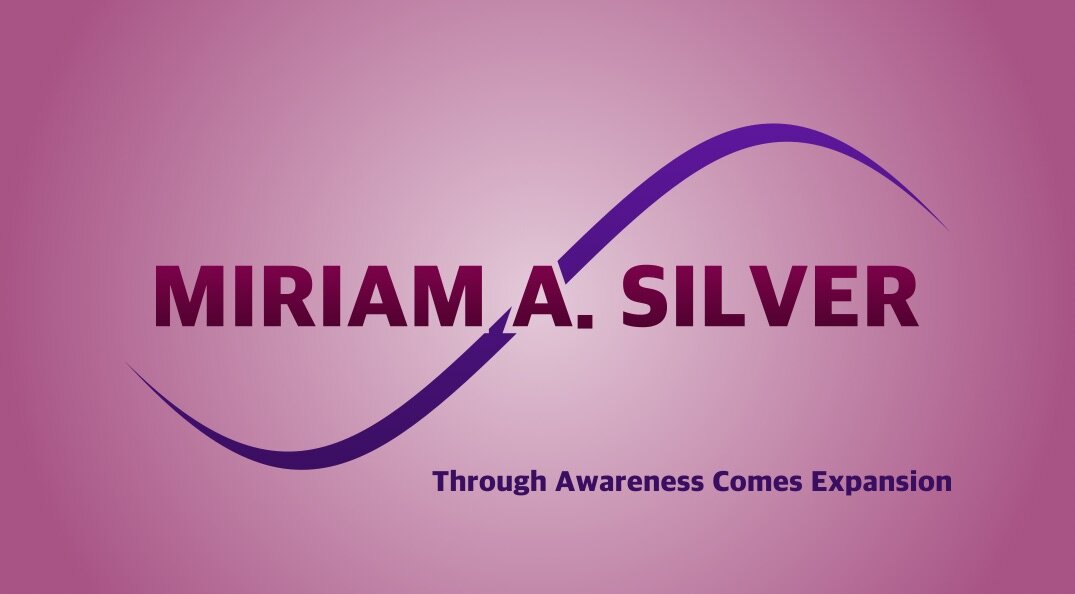TheRebelRisingBlog: Cry To Let Go
We think of emotions as triggered sensations brought on by intense experiences that strike at the core of our soul. When we cry, a great release of tension and sadness over flows, cleansing us of deeply rooted feelings and thoughts that have never quite gone anywhere. Often times we tend to bury it all, so that we don’t feel the full intensity. Like when an old friend dies, or your parent, or a beloved pet, our heart feels the impact. The pain is so uncomfortable and deep that we stuff it down and never really release it because we don’t want to have to visit its intensity. It can rock and jolt us, and throw us off balance.
In society we’ve been taught to hide our feelings and “just get over it”. As if it’s such an ugly, dirty side of being human. I remember some years ago when a pet of mine passed away, I was chastised by a social worker for grieving over a mere animal. How do you tell someone that the same heart-felt pain you’re experiencing sees no difference between one species or the other? The pain of loss is still loss no matter how many legs they walk on.
When we stuff all of our emotions down over time, it becomes hardened and immovable like a rock embedded. That sadness travels with us for years never quite seeing the light of day. It becomes part of our physical movements, our day to day, our overall emotional environment. It’s felt subtly by others since it emanates outwardly from our being. The natural intensity of our personal spiritual energy is blocked, like when the moon passes over the sun, leaving just a slight eclipse of light. Somehow sadness makes itself known even when we think we have it all covered up.
When you attempt to make yourself happy to force yourself into a grateful and socially acceptable mood, it feels fake. You try to get yourself to smile, like Lilian Gish in her silent movie, Broken Blossoms where she tries to maneuver her lips with her fingers to smile, but it doesn’t quite work. We try to make ourselves one of the crowd, but it just doesn’t happen.
From Dr. Judith Orloff’s book “The Empath’s Survival Guide: Life Strategies for Sensitive People” -
Dr. Orloff explains that emotional tears shed hormones and other toxins which accumulate during stress. Crying stimulates the production of endorphins, our body’s natural pain killer and “feel-good” hormones.” It makes us feel better, even when a problem still persists. In addition to physical detoxification, emotional tears heal the heart. You don’t want to hold tears back. It helps to emotionally clear sadness and stress. Crying is also essential to resolve grief, when waves of tears periodically come over us after we experience a loss. Tears help us process the loss so we can keep living with open hearts. Otherwise, we are set up for depression if we suppress these potent feelings.
Dr. Orloff believes it’s a way to purge pent up emotions so they don’t lodge in your body as stress symptoms such as fatigue or pain. To stay healthy and release stress, she encourages her patients to cry. For both men and women, tears are a sign of courage, strength, and authenticity.
And authenticity is what we’re striving for while we’re here in human form. Acting as if you’re all right when you haven’t quite achieved that emotionally is not truly showing yourself respect.
Quite coincidentally I came across an old comedy skit with Carol Burnett and Robin Williams that took place at a funeral for Carol’s fictitious husband. Robin’s character was trying to get Carol’s character to cry and let out her sadness over her husbands passing. “Would you like to keen” he asked? I was intrigued. What is this Keening? After looking it up, I found out that it is a “wailing in lamentation for the dead” said to have originated from Ireland and Scotland where women would accompany the body to the cemetery by wailing
Perhaps this keening is a way to encourage others to bring out the grief from such a loss, and to allow the healing process to begin. Without it, the anger may still persist and grow larger as time passes.
Can opening up your heart eventually heal your heart? At the very least, we can always do with a great big cry.
